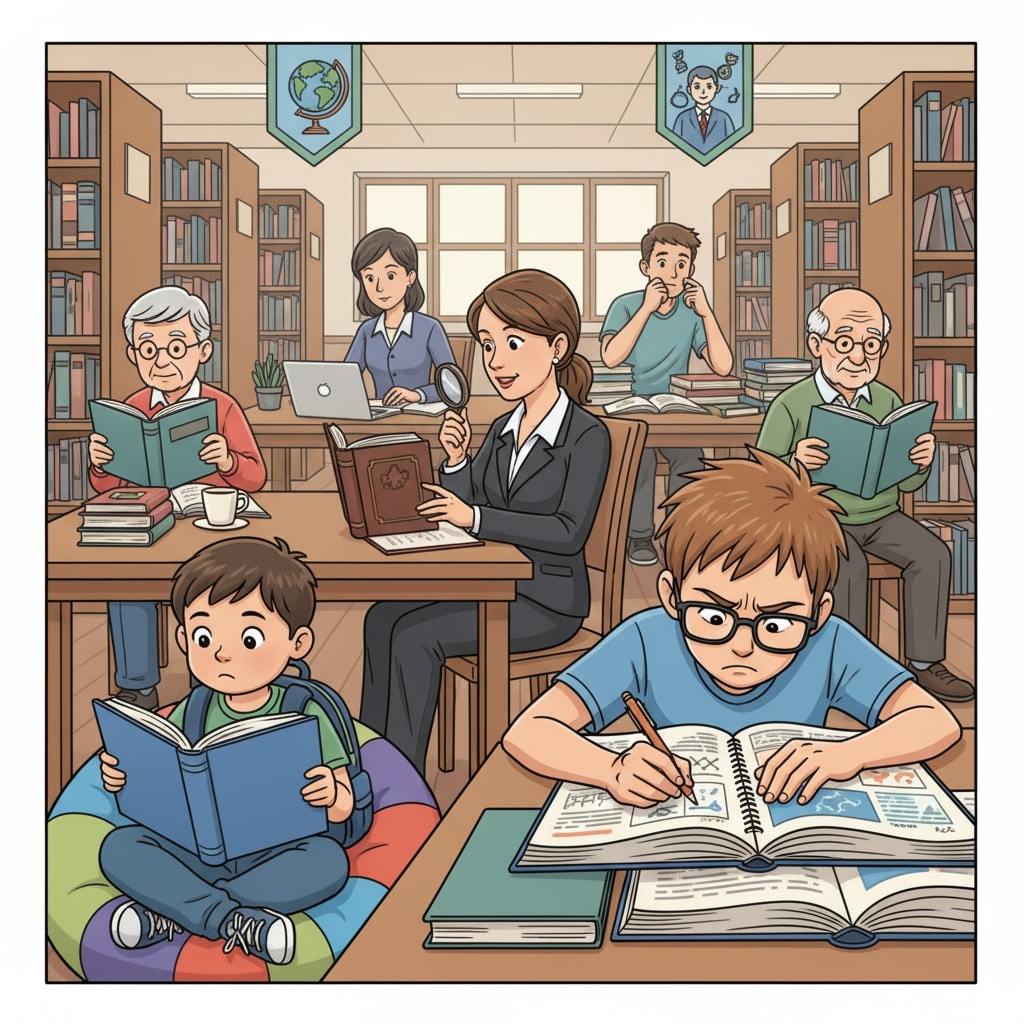In the realm of novel writing, the ability to create diverse and authentic characters is crucial. One aspect that significantly influences a character’s writing style is their educational background. Understanding how to depict characters with limited education in a realistic manner is an art that combines an understanding of language, thought processes, and social context.

When crafting such characters, it’s essential to consider various elements to make them come alive on the page.
The Impact of Educational Background on Language Use
The language a character with limited education uses often reflects their upbringing and learning experiences. For example, they may use more colloquialisms (informal expressions) and less complex vocabulary. According to Language acquisition on Wikipedia, individuals with less formal education tend to rely on common, everyday words. Their sentences might be shorter and more straightforward, lacking the elaborate sentence structures and rhetorical devices often found in the speech of educated characters. In addition, grammar errors might be more prevalent, not necessarily due to a lack of intelligence but rather as a result of not having received in-depth grammar instruction. For instance, they might misuse verb tenses or have trouble with subject-verb agreement.

Thought Patterns and Narrative Style
The thought patterns of characters with limited education also play a significant role in their writing style. These characters may have a more concrete and less abstract way of thinking. Their narratives might be more focused on immediate experiences and practical matters. As described on Cognitive development on Britannica, cognitive development is influenced by education. Thus, these characters may find it difficult to express complex ideas or philosophical concepts. Their storytelling might be more linear, following a simple sequence of events without much deviation or subtext. When writing from their perspective, it’s important to capture this simplicity and directness in their thought processes.
To sum up, when writing characters with limited education in novels, paying attention to language use, thought patterns, and narrative style is essential. By carefully considering these aspects related to educational background, novelists can create more authentic and engaging characters. This approach not only enriches the story but also provides a more accurate reflection of the diverse range of people in the real world. Readability guidance: Notice how we used short paragraphs to clearly present ideas. Each H2 section has a set of related points. We’ve also kept the passive voice to a minimum and added transition words like ‘for example’ and ‘in addition’ to make the flow smooth.


